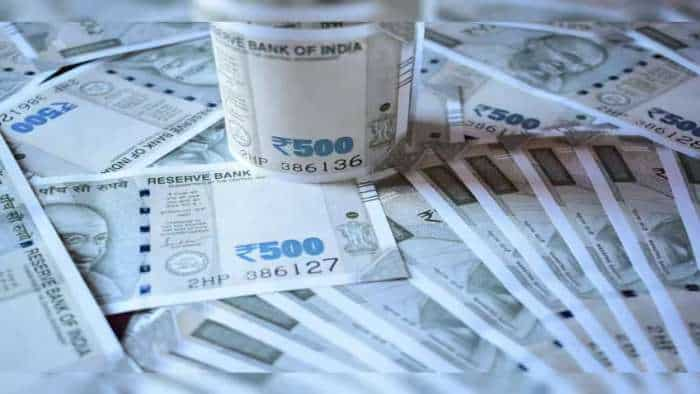SOLAR ECLIPSE 2021 Today: Check date, time, NASA's livestream link to watch Surya Grahan and 'Ring of Fire' - All details here
According to National Aeronautics and Space Administration (NASA), people across the northern hemisphere will have the chance to experience an annular or partial eclipse of the Sun. However, in India, some parts of Arunachal Pradesh and Ladakh for a few minutes before the sunset.

Solar Eclipse 2021 Today: The first Solar Eclipse or Surya Grahan of this year is going to take place today, June 10, 2021. According to National Aeronautics and Space Administration (NASA), people across the northern hemisphere will have the chance to experience an annular or partial eclipse of the Sun. However, in India, some parts of Arunachal Pradesh and Ladakh for a few minutes before the sunset.
See Zee Business Live TV Streaming Below:
What is a Solar Eclipse?
According to NASA, "A solar eclipse happens when the Moon moves between the Sun and Earth, casting a shadow on Earth, fully or partially blocking the Sun’s light in some areas. During an annular eclipse, the Moon is far enough away from Earth that the Moon appears smaller than the Sun in the sky." Now, as the Moon does not block the total view of the Sun, it will appear like a dark disk on top of a larger, bright disk. This creates what looks like a ring of fire around the Moon.
Where will it be visible?
The people in parts of Canada, Greenland, and northern Russia will experience the annular solar eclipse. The viewers in parts of the eastern United States and northern Alaska will see a partial solar eclipse on June 10, along with much of Canada and parts of the Caribbean, Europe, Asia, and northern Africa. In the United States, the partial eclipse will be visible along parts of the Southeast, Northeast, Midwest, and in Northern Alaska.
Where will it be visible in India?
Debiprasad Duari, Director of M P Birla Planetarium, Kolkata told PTI that the path of the eclipse will not touch almost any part of India except the north-eastern extremes of the country in Arunachal Pradesh and Ladakh. He added, "In Arunachal Pradesh, people can see, just before the sunset, a minuscule fraction of the sun covered by the moon, that is also very low in the horizon, lasting at the most 3-4 minutes depending upon the position."
He also said, "On the northern borders, in Ladakh, a sliver of land in the border region can experience the last phase of the partial eclipse, again for a short duration, but relatively at a higher altitude than the eastern part of the country."
Timings
As per Timeanddate.com, the astronomical event will begin at 01:42 PM (IST) and will be visible until 06:41 PM (IST). The duration of the annular ‘ring of fire’ will be around 3 minutes and 51 seconds.
In India, one can see a very small part of the solar eclipse from the vicinity of Dibang Wildlife Sanctuary in Arunachal Pradesh at around 5:52 PM. In the northern part of Ladakh, where the sun will set at around 6.15 PM, the last phases of the phenomenon can be seen at around 6 PM, as per PTI.
Where to watch?
NASA will stream the solar eclipse on nasa. gov/live.
Get Latest Business News, Stock Market Updates and Videos; Check your tax outgo through Income Tax Calculator and save money through our Personal Finance coverage. Check Business Breaking News Live on Zee Business Twitter and Facebook. Subscribe on YouTube.
RECOMMENDED STORIES

5X15X25 SIP Strategy: Is it possible to create Rs 1,64,20,369 corpus with Rs 5,000 monthly SIP investment?

SBI Green Rupee Deposit 2222 Days vs Canara Bank Green Deposit 2222 Days FD: What Rs 7 lakh and Rs 15 lakh investments will give to general and senior citizens; know here

Power of Compounding: In how many years, investors can achieve Rs 6.5 cr corpus with monthly salaries of Rs 20,000, Rs 25,000, and Rs 30,000?

SBI 400-day FD vs Bank of India 400-day FD: Where will investors get higher returns on investments of Rs 4,54,545 and Rs 6,56,565?
12:46 PM IST










 Solar Eclipse 2021: Date, timings and visibility of Surya Grahan in India, live streaming link from timeanddate.com and how to watch safely
Solar Eclipse 2021: Date, timings and visibility of Surya Grahan in India, live streaming link from timeanddate.com and how to watch safely